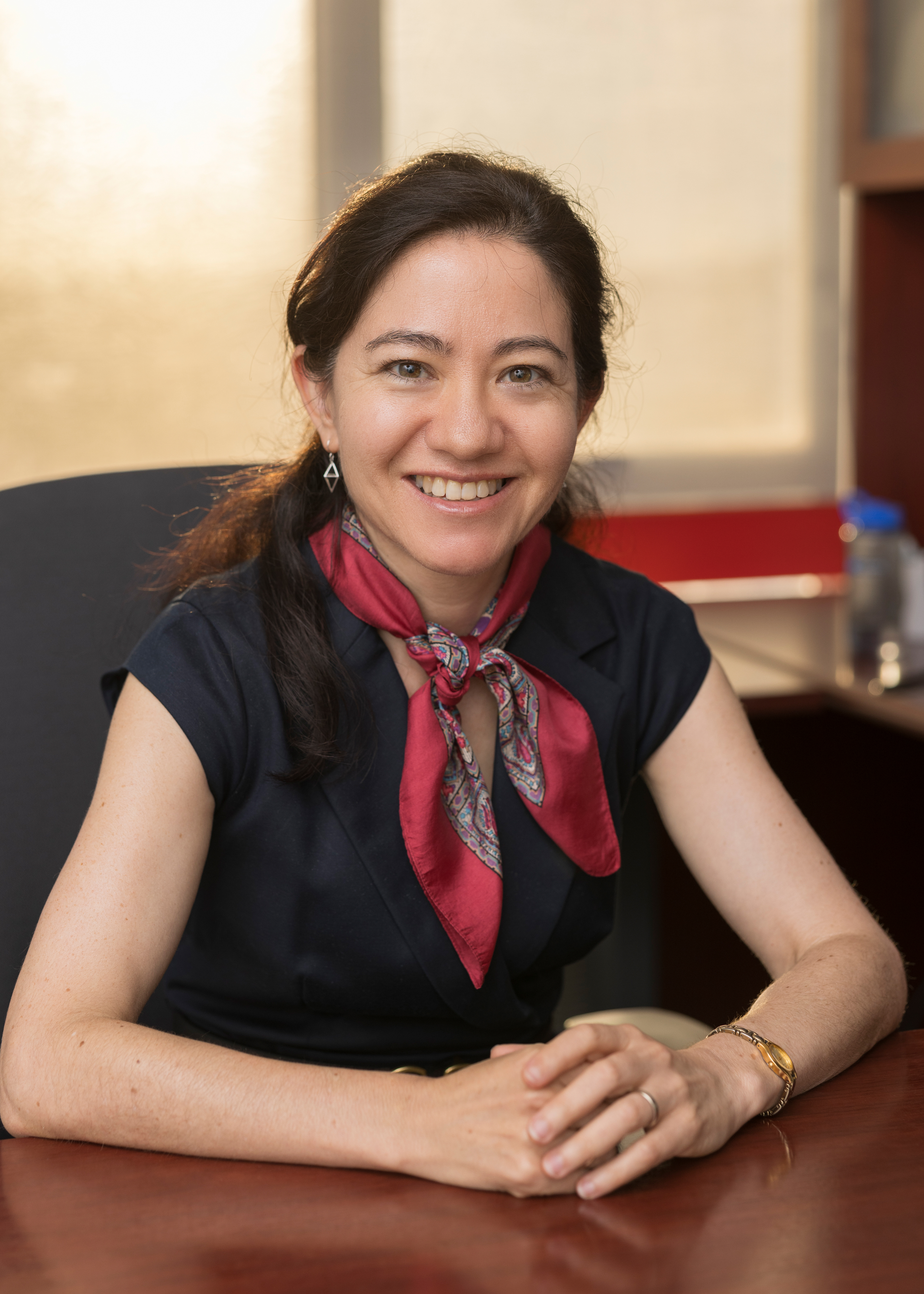
Lauren Williams Recipient of 2025 MacArthur Fellowship
Earlier today, the John D. and Catherine T. MacArthur Foundation announced the 2025 MacArthur Fellows, recipients of the so-called “genius grant.” The Fellowship—including a generous stipend bestowed over the course of five years with no conditions—is awarded annually to talented individuals in a variety of fields who have shown exceptional originality in and dedication to their creative pursuits. Harvard’s Dwight Parker Robinson Professor of Mathematics Lauren Williams is among this year’s group of MacArthur Fellows for her work in uncovering transformative connections between algebraic combinatorics and problems in other areas of math and physics.
“I am shocked and honored to be a recipient of a MacArthur fellowship,” Williams said. “Getting the news was quite a surreal experience for me, because we’re at a moment in time when federal funding for the sciences and arts has been dramatically slashed. My own NSF grants were terminated in May 2025, along with those of my math colleagues here. So I am incredibly grateful for the support from the MacArthur Foundation for my work.”
According to a statement by the MacArthur Foundation, “Williams has made significant contributions to numerous mathematical fields, including cluster algebras, representation theory, and algebraic geometry. She has also forged cross-disciplinary collaborations to tackle long-standing and challenging problems in physics related to quantum field theory, particle physics, and wave propagation.”
The statement also touched on the way Williams uses combinatorial approaches to understand the nature of the positive Grassmannian. Algebraic combinatorics develops mathematical descriptions of the properties and relationships among a finite set of elements that can be combinatorially connected within a system. A Grassmannian is a geometric space that encompasses all of the multidimensional planes of a fixed dimension. The positive Grassmannian is the portion with only positive coordinates. The MacArthur Foundation pointed out the work Williams has done with mathematicians and particle physicists on applying the combinatorial properties of positive Grassmannians to calculate scattering amplitudes (the probabilities of different outcomes from collisions of fundamental particles).
“With a curiosity-driven approach to research and willingness to collaborate across disciplines, Williams is expanding fundamental mathematical theory and building fruitful connections between mathematics and other scientific fields,” the statement concluded.
The three main criteria the MacArthur Foundation has for its Fellows are exceptional creativity, the promise for important future advances based on a track record of significant accomplishments, and a potential for the Fellowship to facilitate subsequent creative work. It is not a lifetime achievement award, but rather an investment in a person’s originality, insight, and potential. It is meant to enable recipients to exercise their own creative instincts for the benefit of human society.
Nominations for the MacArthur Fellowship are made by a constantly changing pool of invited external nominators chosen from as broad a range of fields and areas of interest as possible. They are then evaluated by an independent Selection Committee composed of about a dozen leaders in the arts, sciences, humanities professions, and for-profit and nonprofit communities. After a thorough, multi-step review, the committee makes its recommendations to the President and Board of Directors of the MacArthur Foundation. Over 1,000 people have been named MacArthur Fellows since 1981.